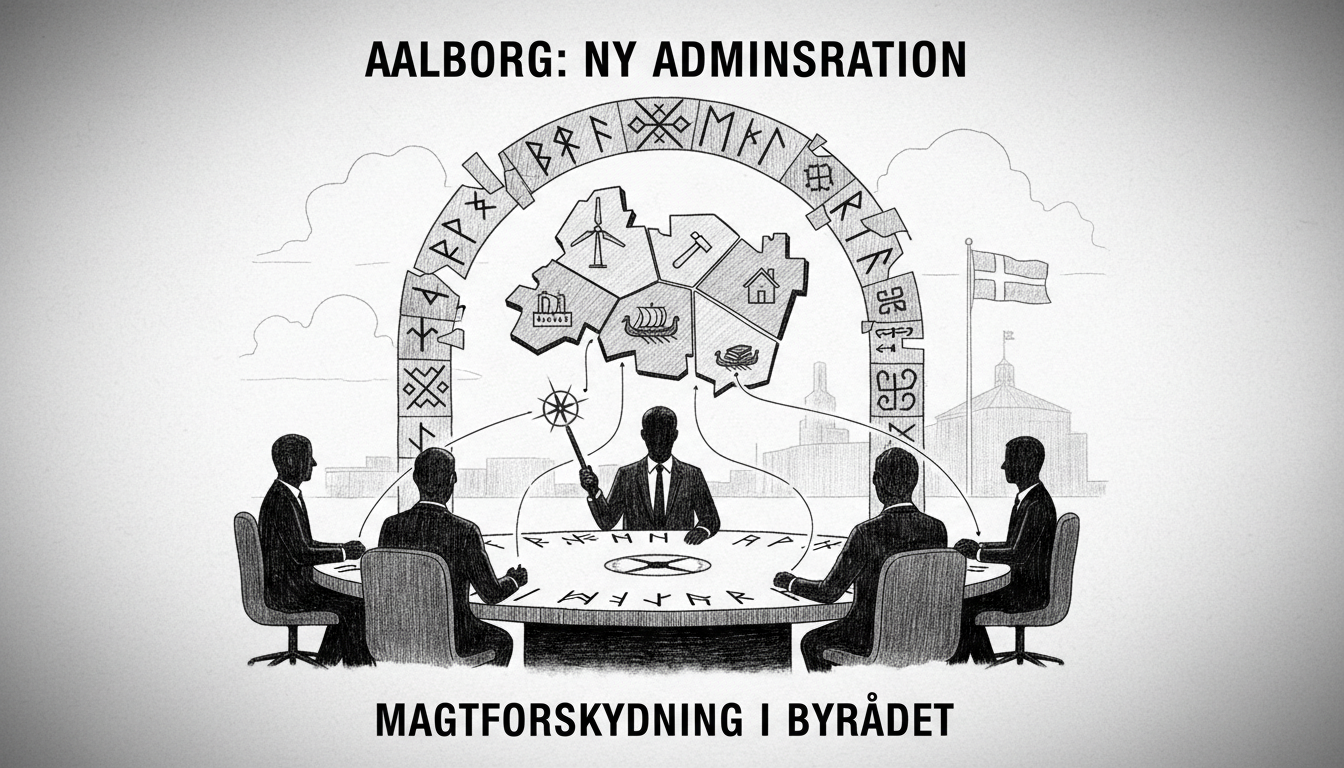Aalborg's municipal elections delivered more drama than initially anticipated. The political landscape continues to evolve as coalition negotiations determine key leadership positions. Five councilor posts remain up for grabs in Denmark's fourth-largest city.
The city administration undergoes restructuring this term. Climate and environmental administration merges with another department. This consolidation reduces councilor positions from six to five.
Red bloc parties secured the mayor position during overnight negotiations. Lasse Frimand Jensen from the Social Democrats will lead the municipality. His coalition partners claimed additional councilor seats.
Jes Lunde from the Social Liberal Party and Peter Larsen from the Socialist People's Party gained initial councilor assignments. The remaining positions now find their occupants after further negotiations.
Technical and Environment portfolio goes to Jan Nymark Thaysen of the Liberal Party. Peter Larsen doubles as councilor for Jobs and Social Affairs alongside his existing role.
Jes Lunde assumes responsibility for Climate, Health and Culture. Morten Thiessen from the Conservative People's Party takes charge of Children and Youth affairs.
Maja Torp from the Liberal Party oversees Senior Citizens and Rehabilitation services. This completes the five-member councilor team governing Aalborg's 220,000 residents.
Danish municipal politics often involves complex coalition building. No single party typically achieves majority control. Negotiations determine which parties share administrative power.
Aalborg's government structure reflects common Scandinavian municipal models. Councilors oversee specific policy areas while the mayor coordinates overall strategy. This system emphasizes consensus across political divides.
The reduction from six to five councilor positions signals administrative efficiency efforts. Merging climate functions with other departments may streamline environmental initiatives. Critics question whether climate issues receive sufficient priority through this reorganization.
International observers note Nordic municipal governments maintain substantial autonomy. They control local taxation, schools, urban planning and social services. Councilor appointments directly impact daily life for Aalborg citizens.
The new council faces immediate challenges including housing shortages and green transition policies. Their decisions will shape Aalborg's development through the current electoral term. The political balance appears stable but requires ongoing cooperation between differing party priorities.

